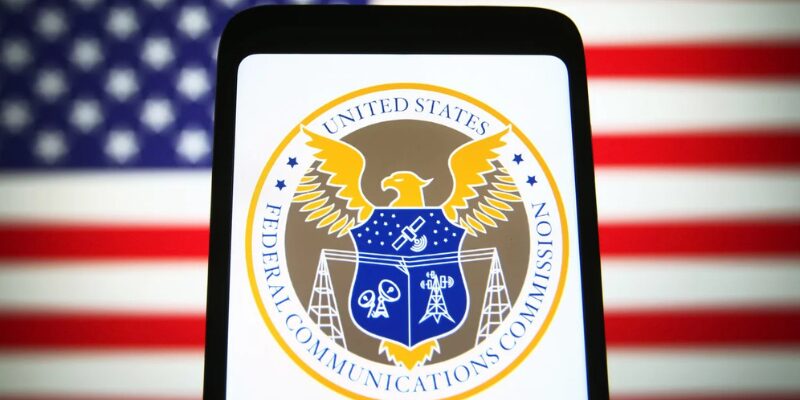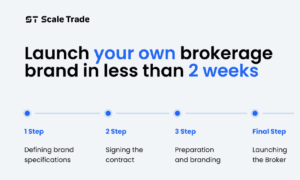Brendan Carr, the chairman of the Federal Communications Commission, on Monday, called for a “level and fair playing field” and pledged to protect American IT businesses’ interests from “excessive” European regulation.
TakeAway Points:
- Brendan Carr, the chair of the Federal Communications Commission, stated at the Mobile World Congress conference in Barcelona that American tech companies have viewed the EU’s tech regulations as “excessive” and “incompatible” with American ideals.
- He made particular reference to the EU’s Digital Services Act, a historic piece of legislation from the bloc that attempts to address harmful and unlawful information on the internet.
- Last month, the United States threatened to impose tariffs on Europe in reaction to what President Donald Trump called “overseas extortion” of American internet corporations through digital services taxes, fines, practices, and legislation.
European regulation raises tension
Speaking in front of an audience of tech industry leaders and analysts at the Mobile World Congress conference in Barcelona, Carr said the European Union’s tech rules have been perceived by U.S. tech giants as “excessive” and “incompatible” with American values.
He referred specifically to the EU’s Digital Services Act, a landmark piece of regulation from the bloc that aims to tackle illegal and harmful content online.
“We’re returning to our first amendment roots, where we’re returning to our free speech tradition,” Carr said, adding that there was a sense that people’s right to free speech online was something that has eroded since the Covid-19 pandemic in 2020 and 2021.
“From President [Donald] Trump to me, across the government, we are encouraging our technology companies to stop the censorship we saw the last couple of years,” Carr said.
“There is some concern that I have with respect to the approach that Europe has taken with the DSA in particular,” he added. “There’s a risk that that regulatory regime imposes excessive rules with respect to free speech.”
It isn’t the first time that the U.S. has flagged concerns about European tech regulation.
At a major international summit on AI in Paris last month, U.S. Vice President JD Vance took aim at Europe, claiming regulation has created burdensome compliance considerations for America’s tech firms.
Tension on Tariffs threats
On Feb. 21, President Trump issued a directive threatening to impose tariffs on Europe to combat what he called “overseas extortion” of American tech companies through digital services taxes, fines, practices and policies.
In response to Trump’s tariffs, the EU has reportedly threatened to use a new “anti-coercion” instrument, which enables the bloc to take action in cases of economic coercion against EU member states.
“It’s a worry, I think, here for the people of Europe, but [also] for U.S. technology companies that do business here,” Carr said.
“The censorship that is potentially coming down the pipe from the DSA is something that is incompatible with both our free speech tradition in America and the commitments that these technology companies have made in the diversity of opinions,” he added.
Henna Virkkunen, the European Commission’s executive vice president for technological sovereignty, security and democracy, did not directly address the U.S. regulator’s comments about excessive European rules when speaking during a panel discussion following Carr’s remarks.
Instead, she said that Europe was committed to improving competitiveness across the bloc when it comes to technology innovation and digital transformation.
“We will propose several … packages where we are revising our rules” later this year, Virkkunen said. She also called for the creation of a digital single market to harmonize regulation of the tech and telecoms industries across the EU.
It comes after Mario Draghi, the former head of the European Central Bank, issued a wide-ranging report urging for radical reforms around technological competitiveness to address weak economic growth and productivity compared with the U.S. and China.



































